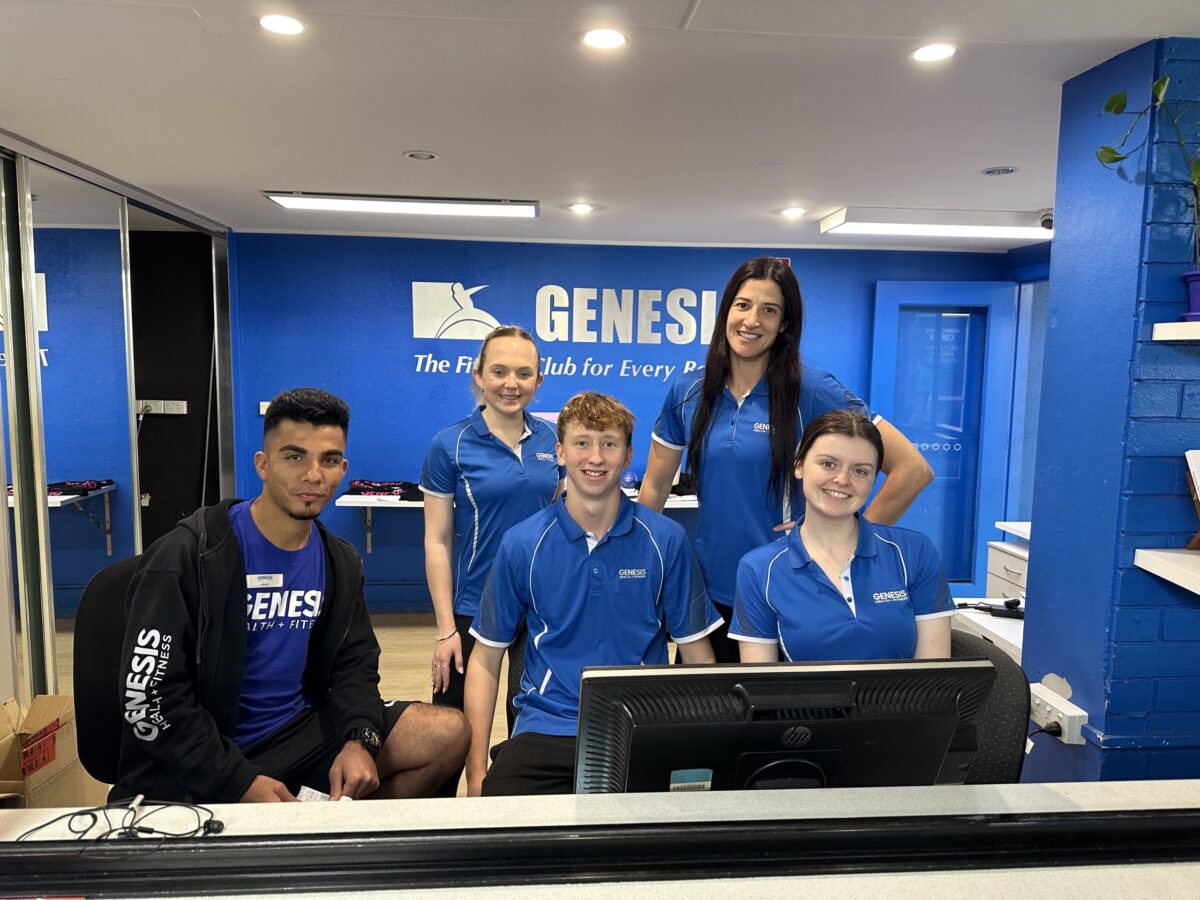
The Allegra Dynamic empowers inclusive, student-centred learning by integrating deep thinking, authentic leadership, real-world application, and meaningful community connection
Supported, Impactful & Personalised Learning
At the heart of Allegra’s approach is a commitment to personalised, purposeful, and supported learning. We recognise every student brings a unique set of experiences, abilities, and aspirations to their education, and we tailor our approach to ensure every learner is seen, heard, and empowered to succeed.
A Responsive Teaching and Learning Framework
Our Teaching and Learning Framework centres on trauma-informed practice, deep learning, and the alignment of curriculum intent and output. With wellbeing at its core, the framework promotes inclusive pedagogies, meaningful engagement, and structured learning experiences that build academic success and personal confidence.
Teachers plan collaboratively and use dynamic assessment strategies to monitor progress and guide instruction. Differentiated tasks, small-group work, and clear learning intentions ensure students understand what they are learning, why it matters, and how they can succeed.
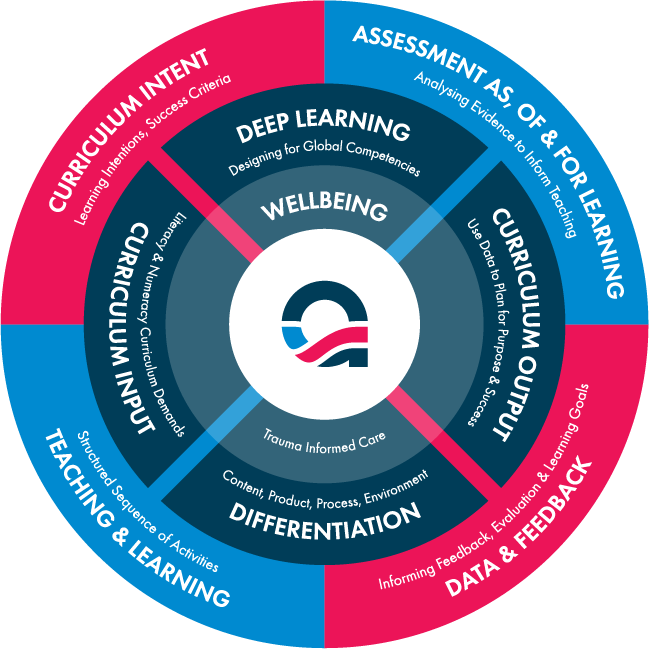
Inclusive, Strengths-Based Support
Our Learning Support Team works alongside classroom teachers to ensure every student can access the curriculum on the same basis as their peers. Support is not limited to students with formal diagnoses, it is available to any student requiring additional scaffolding, whether due to trauma, neurodiversity, or gaps in foundational knowledge.
Support strategies include:
- Learning Support assistance in the classroom
- Scaffolded instruction to reduce cognitive load
- Multimodal learning using visual, auditory, and kinaesthetic techniques
- Assistive technologies such as speech-to-text tools, hearing loops, and sensory aids
- Strengths-based learning that builds on what students do well
Enabling Independence and Confidence
Support at Allegra is always aimed at fostering independence. Students are equipped with the tools to understand how they learn, advocate for themselves, and take ownership of their progress. Regular reflection and feedback cycles allow students to recognise growth, celebrate success, and set new goals with confidence.
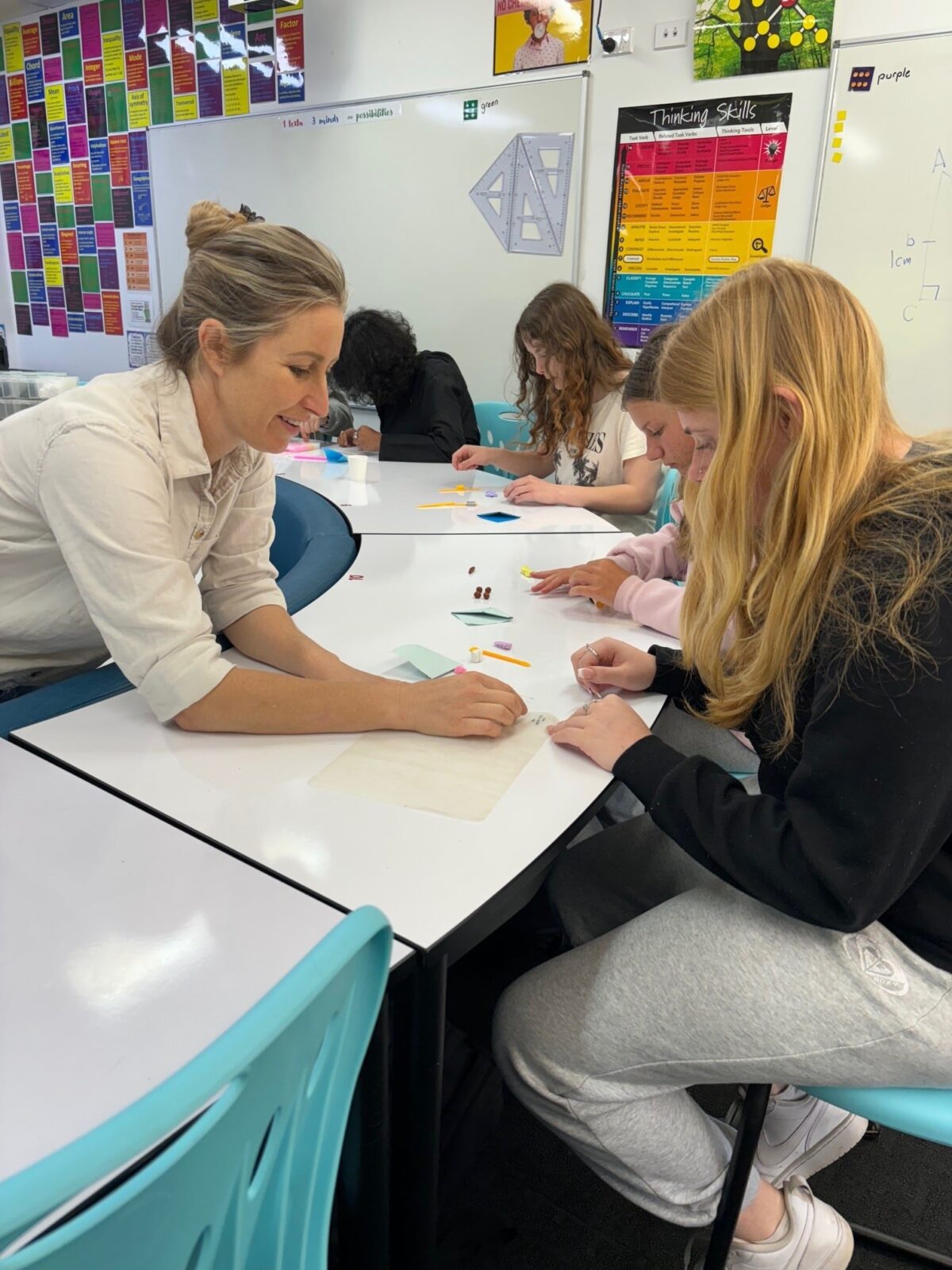
Authentic Connections, Wellbeing & Growth
At Allegra, wellbeing is not a standalone program—it is central to everything we do. We understand young people learn best when they feel safe, connected, and empowered. Our holistic wellbeing model is woven throughout the school experience, addressing academic, emotional, social, and psychological needs in an integrated and proactive way.
A Whole-School Approach to Wellbeing
Our dedicated Wellbeing Team, comprising a school psychologist and a Coordinator of Student Wellbeing work closely with students, teachers, and families. Together, they co-design individualised action plans responding to each student’s unique strengths, goals, and challenges. Wellbeing interventions are data-informed and goal-oriented, ensuring support is meaningful and measurable.
With over 250 wellbeing sessions delivered annually and a large proportion of students accessing therapeutic services, the Allegra model demonstrates both scale and depth. Our wellbeing space is a structured learning environment, not a drop-in zone, where students develop emotional literacy, stress regulation, and self-efficacy through targeted sessions and group programs.
Proactive Programs to Build Capacity
Initiatives such as Embrace Your Brilliance andMind & Motion Monday physical wellness, mindfulness, and healthy relationships. These programs are co-designed with students, responsive to emerging needs, and grounded in evidence-based practice. They ensure students develop the lifelong skills needed to navigate change, challenge, and choice.
Partnerships in Wellbeing
We collaborate with headspace, Be You, and a range of community health services to deliver expert-informed wellbeing education. These partnerships extend the support available to students while reinforcing the importance of help-seeking, self-advocacy, and connectedness.
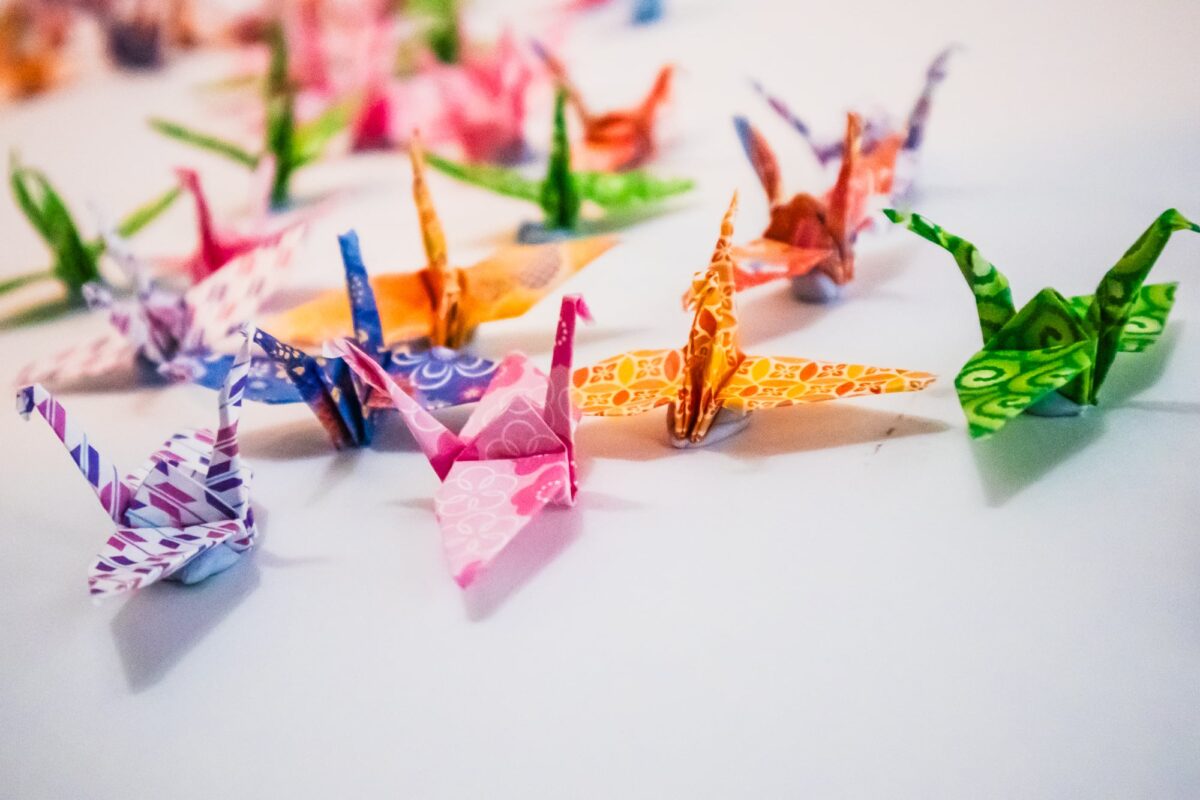
Parent, Community & Workplace Partnerships
At Allegra School, learning is enriched through purposeful, enduring partnerships. We see families, community organisations, and workplaces not as peripheral supports, but as essential collaborators in the learning process. These partnerships reflect our core values of connection, collaboration, and inclusion, forming the foundation of a network supporting student growth and real-world readiness.
Engaging Families in Learning
We view parents and carers as co-educators, actively involved in the design and delivery of their child’s learning experience. Through ongoing communication, regular learning reviews, and individualised planning sessions, we create a three-way partnership between teachers, students, and families. This ensures alignment in expectations, consistency in support, and celebration of every learner’s unique journey.
Family involvement is not limited to attendance at events—it is embedded in goal-setting, wellbeing planning, and shared reflection.

Learning Through Community and Industry
Our students benefit from an expansive network of community partnerships that make learning meaningful and connected. Whether collaborating with local health services on wellbeing education, participating in conservation projects with environmental organisations, or engaging in storytelling with people from diverse backgrounds, students experience curriculum in context. These experiences foster deep learning by integrating academic content with critical thinking, creativity, and empathy.
We engage external experts across the curriculum to co-design project-based learning opportunities that connect students with local and global issues. These experiences help students see their learning as relevant, powerful, and capable of making a difference in the world around them.
Career Readiness Through Workplace Partnerships
Allegra’s work experience program enables students to apply their knowledge and skills in real-world settings. Students undertake placements aligned to their career interests, supported by staff-led preparation workshops and reflective learning exercises. Throughout this process, they develop key competencies such as collaboration, communication, adaptability, and initiative.
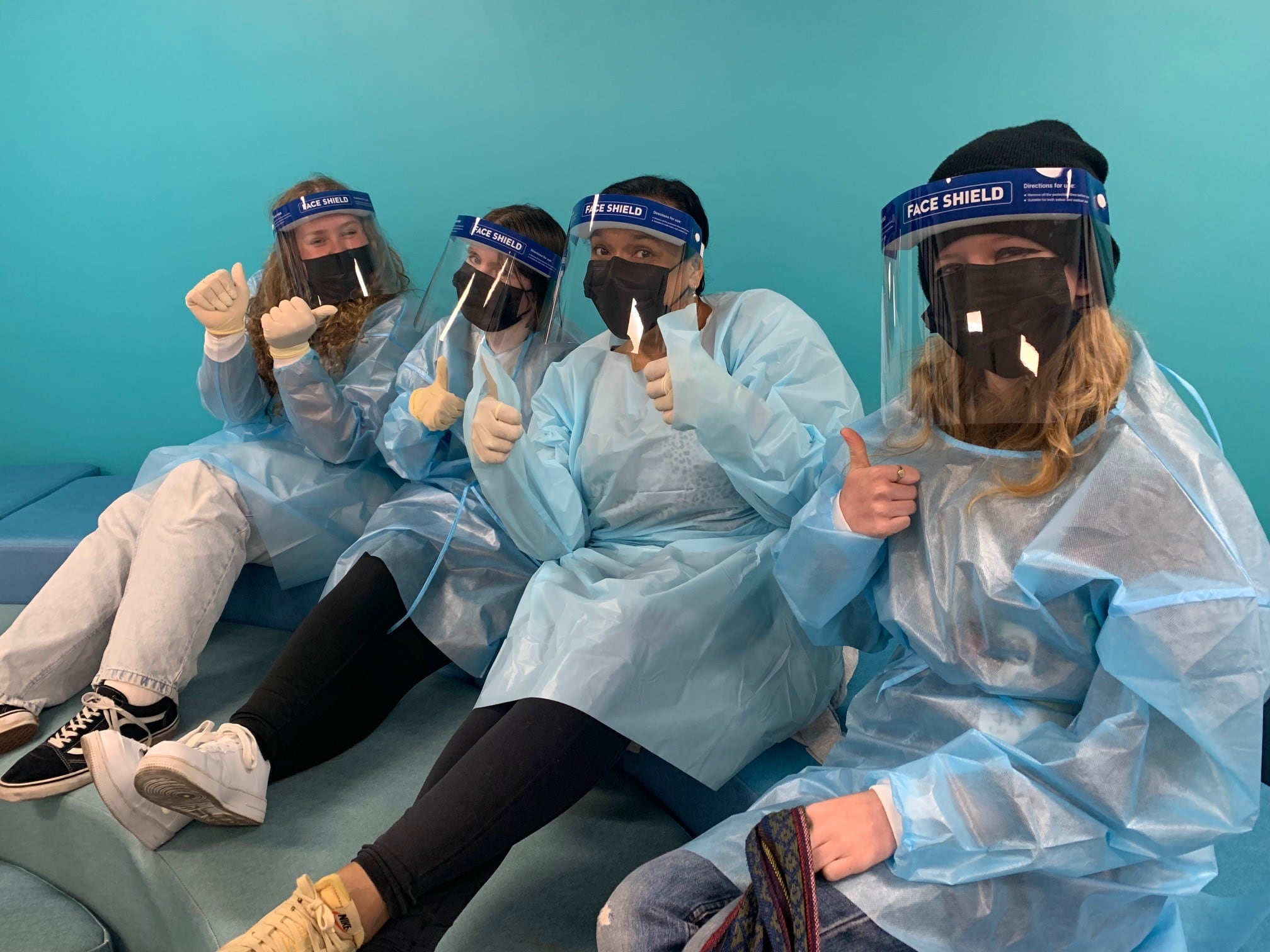
Student Voice, Engagement & Agency
At Allegra, students are not passive recipients of education—they are active participants in shaping it. From co-designing projects to leading wellbeing programs, student agency is embedded across every facet of school life. We believe that when students have voice, choice, and influence, their engagement and achievement increase exponentially.
Leadership Through Action
Our Student Action Ambassadors are the driving force behind student-led initiatives. These self-nominated leaders contribute to school improvement, mentor peers, and represent Allegra at local events. Their projects range from fundraising campaigns to mental health education, and their involvement ensures student perspectives inform school decisions at every level.

Learning Designed With Students
In the classroom, we empower students to be co-designers of learning. They help shape inquiry questions, reflect on progress, and propose solutions to real-world challenges. This approach strengthens critical thinking, initiative, and intrinsic motivation.
Opportunities for agency include:
- Student-led exhibitions and showcases
- Participation in panel discussions and community forums
- Goal-setting and reflection tools used across all year levels
- Student feedback cycles that influence curriculum planning
Building Ownership and Confidence
Agency at Allegra is not reserved for a few, it is embedded in everyday practice. Whether a student is leading a project, choosing a reading topic, or planning their own work experience, they are developing the skills of autonomy, advocacy, and accountability. These skills reflect our commitment to engagement and inclusive learning environments.
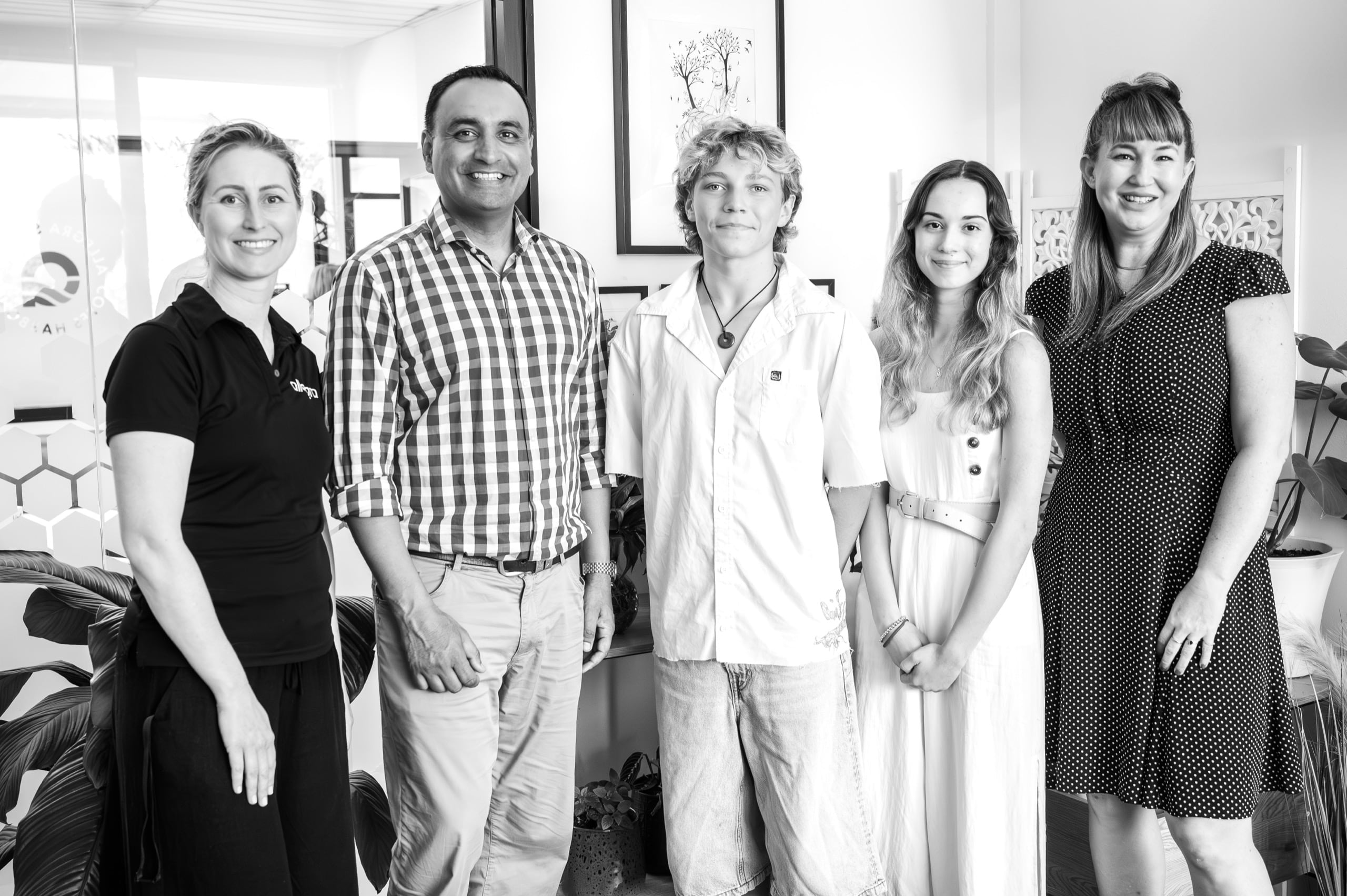
Respectful, Innovative & Collaborative Culture
The culture at Allegra is one of deep respect—for students, for staff, and for the shared mission of transformative learning. Innovation and collaboration are not buzzwords here, they are essential tools that enable continuous growth, responsiveness, and excellence in teaching and learning.
Deep Learning as a Cultural Norm
Our teaching approach is grounded in the six deep learning competencies: Critical Thinking, Creativity, Collaboration, Communication, Citizenship, and Character. These are not add-ons to the curriculum, they are the foundation. We design learning experiences that build these competencies in every student, across all subject areas and year levels.
This means students are not just learning content, they are learning to work in teams, solve real-world problems, communicate across difference, and contribute meaningfully to their communities.
Professional Growth That Inspires
Innovation starts with staff, and Allegra invests heavily in professional development. The GLOW Grant, launched by our Board in 2024, funds immersive study tours and research opportunities for staff. The Cambodia tour deepened teacher expertise in global citizenship, conservation, and cultural studies, bringing real-world learning back into our classrooms.
In 2025, this spirit of innovation and wonder will be embodied in our participation in the Antarctica Education Flight, an awe-inspiring experience that will bring science, geography, and global citizenship to life as staff observe firsthand the majesty and fragility of one of Earth’s most remote environments. Opportunities like these remind us that learning has no limits when curiosity leads the way.
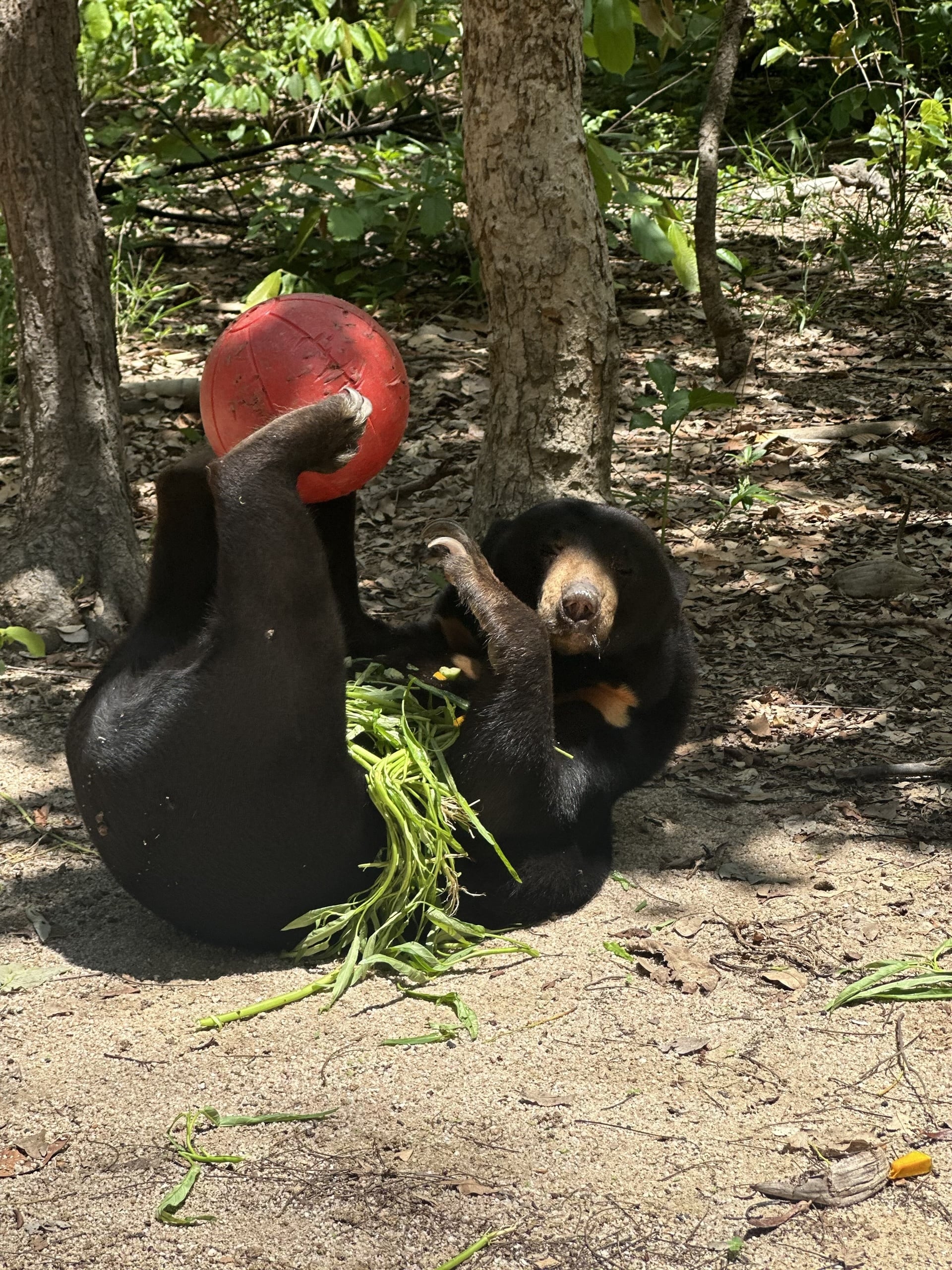
A Future-Focused School Community
We embrace change, celebrate diversity, and nurture curiosity. Whether it’s experimenting and creating in STEM classes, using art to explore identity, or collaborating across disciplines to solve complex problems, Allegra is a place where innovation is lived and shared.
This culture prepares our students not only for exams or assessments, but for life. A life where they will need to adapt, connect, lead, and learn with others in a complex and changing world.
